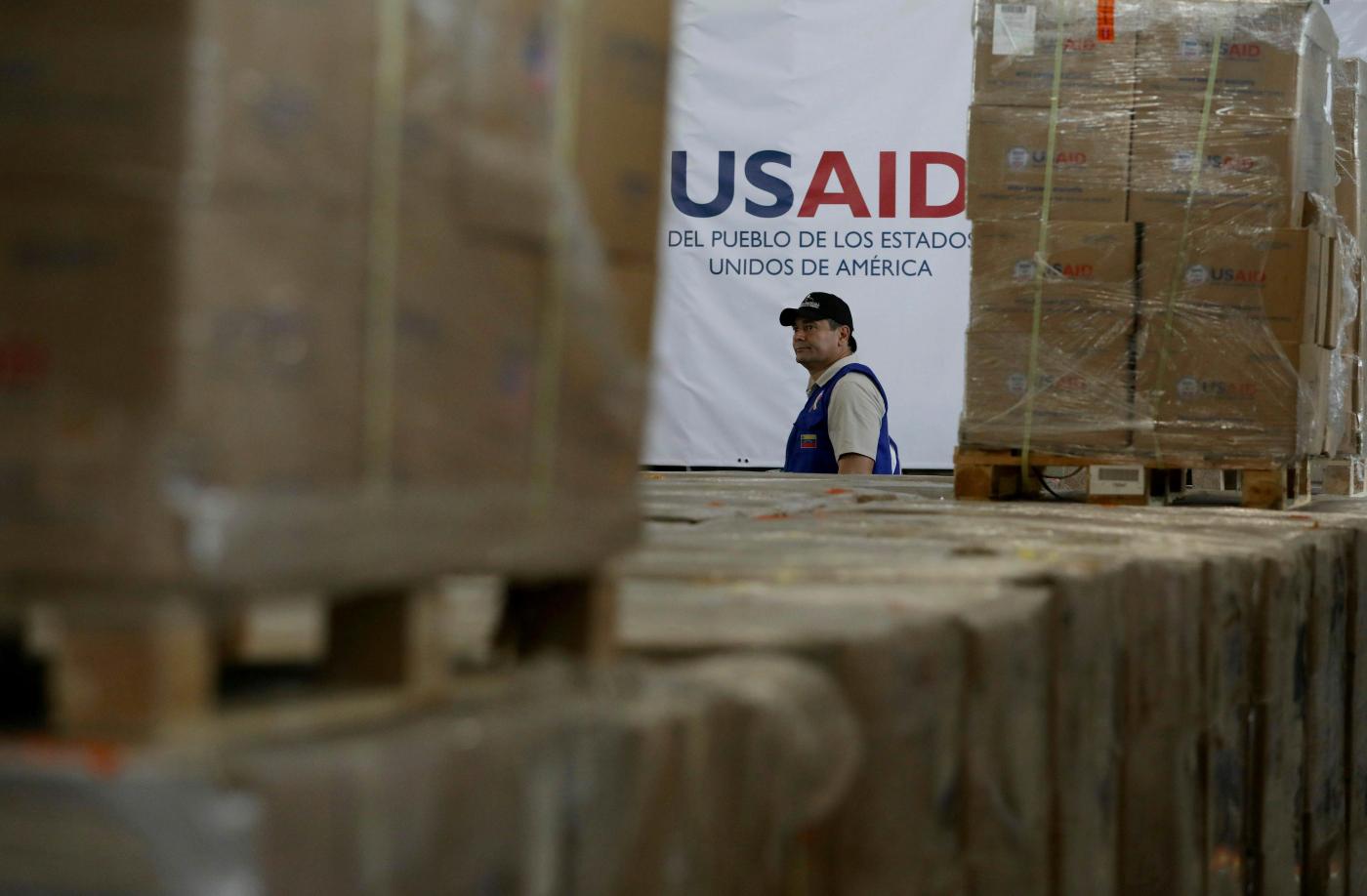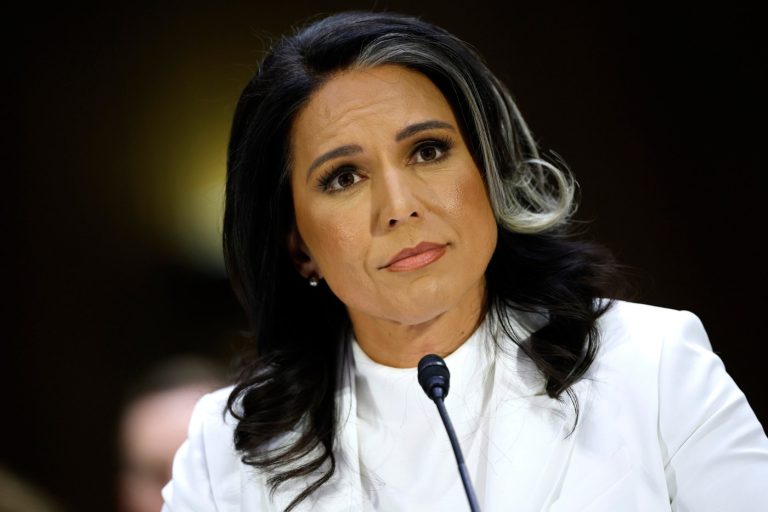The biggest reason for immigration from Africa to Europe and from Latin America to the United States is the disparity of income and resulting lifestyle differences.
One need to only look at the history of migration to this country through the waves in the early 20th century: The Chinese, Poles and Irish left their home countries to find a better life. Of course, there have been waves of people seeking relief from political upheaval. But the preponderant migrants’ motivation has been, and continues to be, to provide a better life for their families.
If as a matter of national policy we wish to severely limit immigration, we can either put up barriers or develop programs to reduce income disparities. It is more cost-effective and humane to assist people in their home country than to build walls to keep them out of ours.
That’s why President John F. Kennedy in 1961 created the U.S. Agency for International Development (USAID) to “unite under a single agency … administering aid to foreign countries to promote social and economic development.”
I witnessed the agency’s work when I provided leadership to a USAID/university partnership in Afghanistan. The program was designed to prepare colleges in Kabul to simultaneously enhance their quality and prepare for international accreditation and to admit women to university studies. While unfortunately we were not able to foster change in Afghanistan in ways that we had hoped (owing to a change in U.S. priorities and the invasion of Iraq), we did change many lives for the better.
USAID has been driven by far more than just altruism. It also had a nationalist agenda, originally to counter Soviet engagement in developing countries — particularly the global south. Today, the Russian influence in the global south has waned, but it has been replaced by a more virulent impact from China.
USAID has served the national interest by developing markets, making countries more stable trading partners and reducing unnecessary migration. Those sound like objectives that should resonate with the current president.
Expending less than 1% of the federal budget, USAID is vital to our national interests — both in terms of hearts and minds and of our competitive place in the world. So while Elon Musk and his cronies call it “a criminal organization that needs to die,” we actually need more, not fewer, programs like USAID.
Then why is it that our country faces this quandary about USAID today? Because support for humanitarian assistance is tepid when compared to reducing taxes, subsidizing cheaper crops, repairing potholes and providing a plethora of other government services. In fact, foreign aid is often the most identified item to cut when a laundry list is presented. It has no ready constituency.
Related Articles
Jordan’s king doesn’t back Trump’s call to clear out Gaza
Trump administration bars AP from Oval Office over ‘Gulf of America’
Court rejects White House bid to continue spending freezes
US Dept. of Education urges NCAA, NFHS to nullify trans athletes’ records
Californians picked up in recent ICE raids include kids, volunteers
While American society is wealthy compared to others, the American people have always been a bit insular. We do not travel widely and even less so to countries that might be the recipients of humanitarian assistance.
In effect, the cut of USAID funding is low-hanging fruit when advanced by an autocrat seeking easy political points. President Trump faces little pushback when he makes silly statements about USAID being “run by radical left lunatics.” That’s because the recipients of humanitarian assistance who know better are typically thousands of miles away, malnourished, often illiterate, without communications to the developed world.
A professor of mine once told me that lives are changed one at a time. He went on to demonstrate that point, following a distinguished university career, through a decade of service in Costa Rica. USAID is our country’s manifestation of that point.
We will be a lesser people if we allow the agency to be eliminated by a man who has never suffered, has never wanted, who can only think of the value of a country deriving from its beachfront property.
Bill Gray holds a Ph.D. in economics and was the long-term chancellor of Washington State University at Spokane. In the early 2010s, he worked with the United Nations in several countries with extreme levels of urban poverty and for USAID in Afghanistan. He lives in Capitola.












